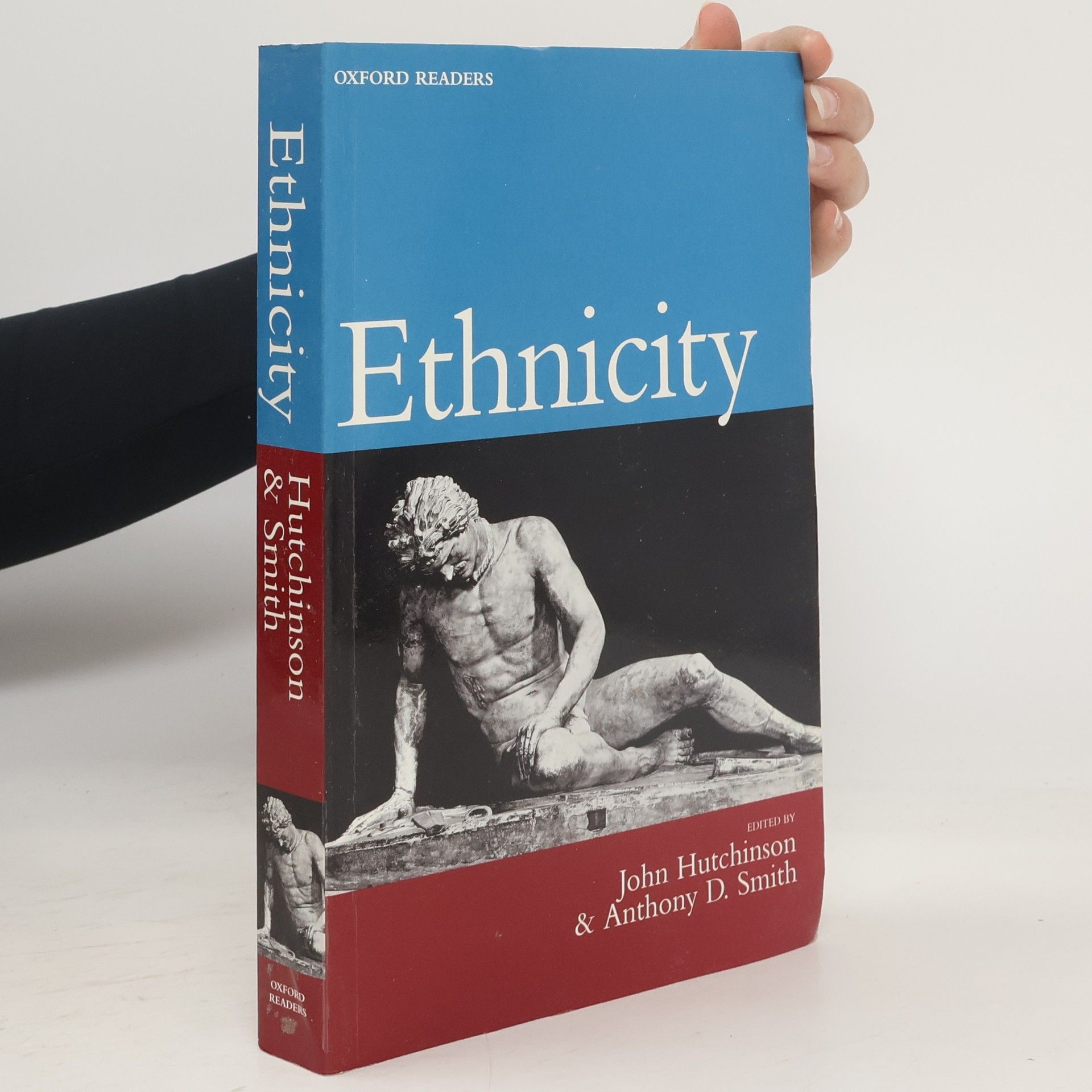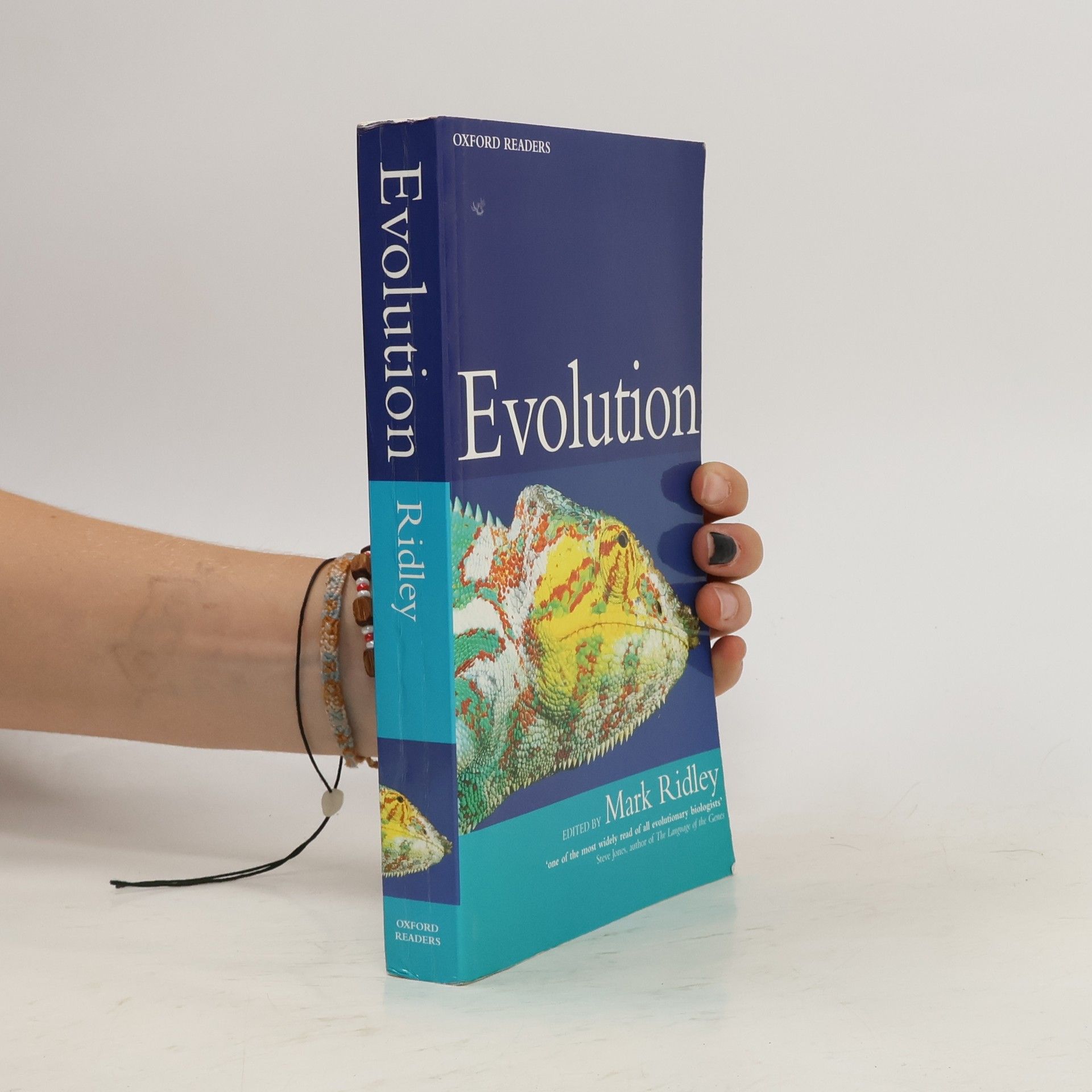What is ethics? Where does it come from? Can we really hope to find any rational way of deciding how we ought to live? If we can, what would it be like, and how are we going to know when we have found it? To capture the essentials of what we know about the origins and nature of ethics, Peter Singer has drawn on anthropology, evolution, game theory, and works of fiction, in addition to the classic moral philosophy of such thinkers as Nietzsche, Kant, and Confucius. By choosing some of the finest pieces of writing, old and new, in and about ethics, he conveys the intellectual excitement of the search for answers to basic questions about how we ought to live. From the debates of Socrates and the profound writing of Rousseau to Jane Goodall's reflections on the ethics of chimpanzee kinship and Luther's commentary on the Sixth Commandment (thou shalt not kill), this engaging reader offers a complete and thorough introduction to the fascinating world of ethical debate.
Oxford Readers Serie
Esta extensa serie ofrece una amplia gama de títulos diseñados para estudiantes de inglés de todos los niveles. Desde principiantes hasta lectores avanzados, hay algo para todos. La colección presenta un lenguaje cuidadosamente adaptado e historias atractivas que hacen que el aprendizaje sea ameno y accesible. Es un recurso ideal para desarrollar vocabulario y mejorar la comprensión lectora.






Orden recomendado de lectura
This reader offers a comparative history of the British Empire, utilizing primary and secondary documentary sources. It explores themes of identity through various perspectives, including metropolitan, colonial, and indigenous responses, while addressing economics, religion, and the impacts of decolonization on identity construction.
This unique collection brings together extracts from the most innovative and stimulating studies of Nazism, including many forgotten or ignored older works. Nazism looks afresh at the structure, style of rule, and consequences of National Socialism and explores how successive generations of commentators and historians have sought to explain and understand the origins, nature, impact, and legacy of this regime of unprecedented destructiveness. With introductions to each section, to the authors, and a general introduction to the text, Neil Gregor presents a comprehensive coverage of the history and politics of this dramatic political movement.
War makes headlines and history books. It has shaped the international system, prompted social change, and inspired literature, art, and music. It engenders some of the most intense as well as the most brutal human experiences, and it raises fundamental questions of human ethics. The ubiquitous, contradictory, and many-sided character of war is fully reflected in this reader. It addresses a wide range of questions: What are the causes of war? Which strategic as well as moral principles guide its conduct, and how have these changed? Has total war become unthinkable? What is the nature of contemporary conflict? How is war experienced by those on the front line? These and other key issues are examined through a variety of writings. Drawing on sources from numerous countries and disciplines, this reader includes accounts by generals, soldiers, historians, strategists, and poets, who consider conflicts from the Napoleonic Wars to Vietnam and Bosnia. The writing not only of great strategic thinkers but also of ordinary soldiers illustrates both the theory and the experience of war in its many guises.
Ethnicity
- 448 páginas
- 16 horas de lectura
Although the term 'ethnicity' is recent, the sense of kinship, group solidarity, and common culture to which it refers is as old as the historical record: ethnic communities have been present in every period and continent. Ethnic identity is often associated with conflict, particularly with political struggles in various parts of the world, but there is no essential connection between ethnicity and conflict. So why is the nature of ethnicity so contentious? Can ethnic conflict ever be resolved? This Oxford Reader includes extracts by all the major contributors to debates on this important concept.
This reader offers a selection of texts written by fascist thinkers and propagandists before and after World War II. With contributions from writers as diverse as Benito Mussolini and Primo Levi, Joseph Goebbels and George Orwell, the work provides insights into the depth and breadth of fascism
This new Reader offers an important new resource, combining classic accounts of the nature of aesthetics with the latests methods of approaching the subject. With its valuable multicultural approach, not confined to the consideration of fine art, it focuses on questions that examine why artand the aesthetic matter to us and how perceivers participate in and contribute to the experience of appreciating a work of art.Why have people thought it important to separate out a group of objects and call them `art'? Is it inappropriate to think of something as art when its creator would not have considered it in that way? Are the concepts of art and the aesthetic elitist? Can we ever understand an artwork or beobjective about it? Including articles ranging from Aristotle and Xie-He to Jun'ichiro Tanizaki, Michael Baxandall and Susan Sontag, this Reader is unique in providing both Western and non-Western responses to aesthetics.
Charles Darwin started it: the debate the divided Victorian society and set the questions which shaped scientific research through this century. Today evolution is being used to explain hot topics, such as how we choose our partners, emerging scientific generalizations such as the molecular clock, long-standing mysteries such as homology, and astonishing lab-bench results such as the eyeless gene. Mark Ridley's unique Oxofrd Reader represents a multitude of viewpoints, featuring major contributions to the universal debate by writers such as Charles Darwin, Stephen Jay Gould, Richard Dawkins, Jacques Monod, Theodosius Dobzhansky, and Francis Crick. -- from back cover
This anthology contains extracts from more than 60 scientific papers, by authors such as Stephen Jay Gould, Richard Dawkins, Francis Crick and Jacques Monod. It starts with Charles Darwin, but concentrates on modern research, including genomics. The extracts are organized in sections, enabling the reader to sample a range of views on each topic, and have been chosen for their readability as well as their scientific importance.


